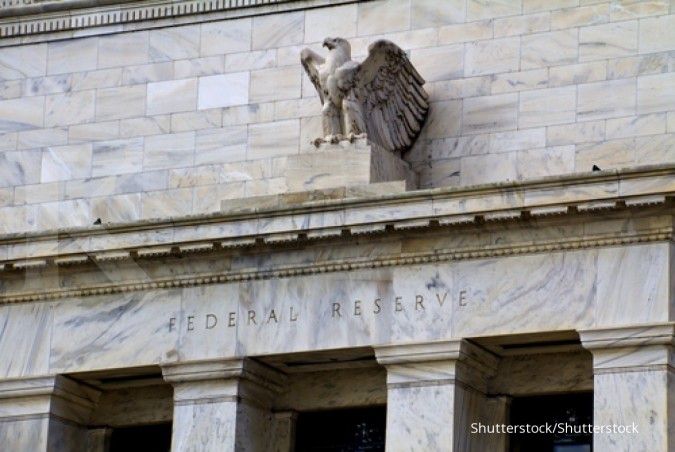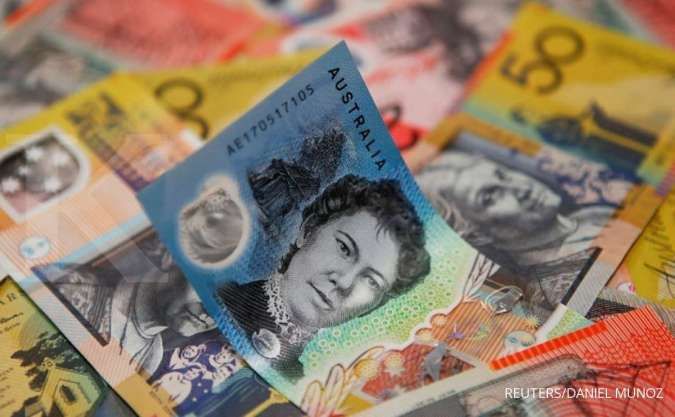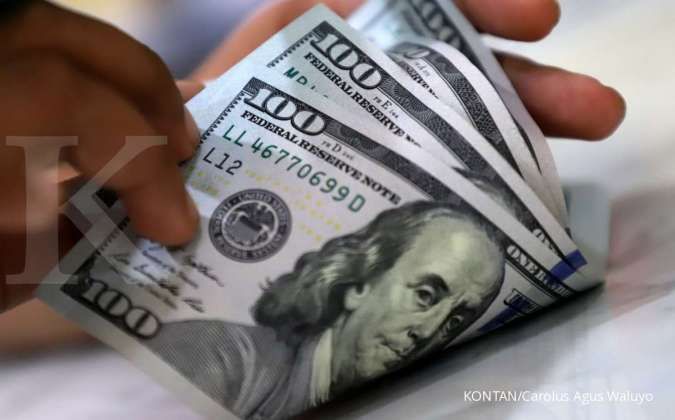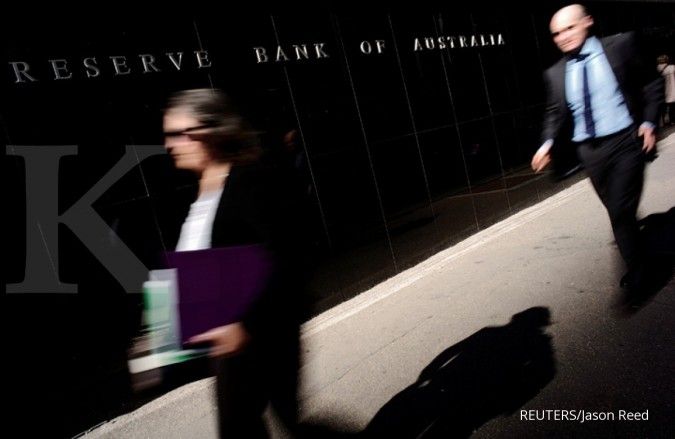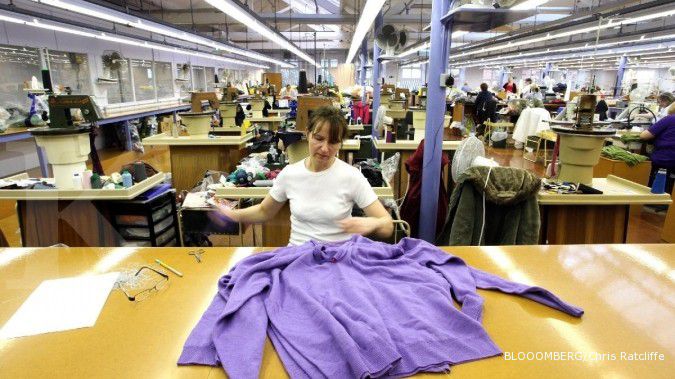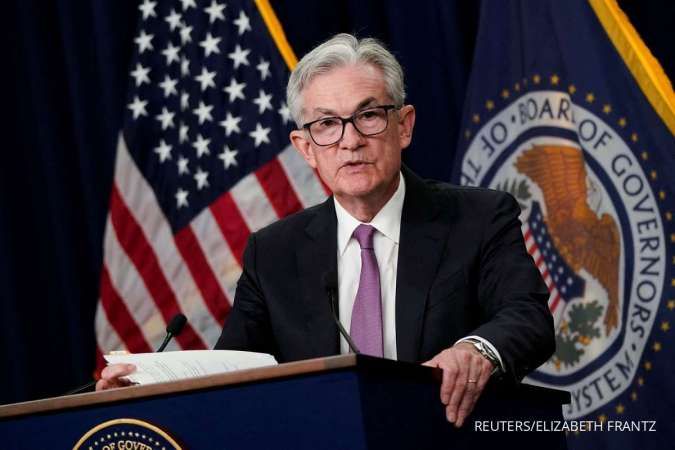INFLATION - LONDON. British inflation slowed in February, keeping the Bank of England on track to start cutting interest rates in the months ahead and offering some better economic news to Prime Minister Rishi Sunak before an election expected later this year.
Consumer prices rose by 3.4% in annual terms after a 4.0% increase in January, the weakest rate of inflation since September 2021, official data showed on Wednesday.
A Reuters poll of economists - and the BoE's own forecast published last month - had pointed to an annual rate of 3.5%.
Food and prices at eateries were the biggest downward drags, offset by motor fuels, the Office for National Statistics said.
Core inflation, which excludes energy, food and tobacco prices, also slowed, dropping to 4.5% from 5.1% in January. The Reuters poll had pointed to a reading of 4.6%.
The BoE's Monetary Policy Committee (MPC) is likely to leave interest rates on hold on Thursday, as is the U.S. Federal Reserve which publishes its decision later on Wednesday.
"Today's inflation numbers do not change our view ... that the MPC is likely to convey the message that it has an eye on easing policy rates this year, but the hurdle to do so has not yet been overcome," Ellie Henderson, an economist with Investec, said.
Investors slightly increased bets on the BoE starting to cut interest rates in August. Sterling was little changed.
Services inflation, which the BoE watches closely, slowed to 6.1% from 6.5% in January -- as the central bank expected.
Despite the moderation in price pressures, Britain still has the highest rate of headline inflation among the Group of Seven advanced economies.
British consumer prices have increased by more than 21% since the end of 2020 - a record surpassed only by Austria in Western Europe, according to comparable Eurostat figures.
Read Also: China Coal Industry Group Expects Output Growth to Slow in 2024
BOOST FOR SUNAK?
The BoE has said underlying inflation pressures remain too persistent for it to cut interest rates now, although it has signalled that lower borrowing costs are likely later this year.
The BoE thinks inflation -- which peaked above 11% in October 2022 -- will fall back to the central bank's 2% target in the coming months before picking up again slightly.
The figures will also be welcomed by Sunak, whose standing has been hit by Britain's cost of living squeeze.
Sunak has sought to take credit for more than halving inflation, although there has been scant sign of an opinion poll boost for his struggling Conservative Party, which lags the opposition Labour Party by around 20 points.
Finance minister Jeremy Hunt said the latest fall in inflation could help the government with its goal of abolishing social security taxes altogether. But any moves would be done only if the government could avoid increasing borrowing or cutting funding for public services.
Earlier this month, Hunt cut the rate of social security contributions for the second time in less than four months.
He also took the unusual step of commenting on what the data might mean for the BoE.
"As inflation gets closer to its target that opens the door for the Bank of England to consider bringing down interest rates," Hunt told reporters.
Sunak has said Britain's economy is turning a corner and he is urging voters to stick with his Conservative Party to see his plan through.
The Labour Party said prices were still high and that people were worse off after 14 years of Conservative government.
/2019/06/17/1921641199.jpg)
